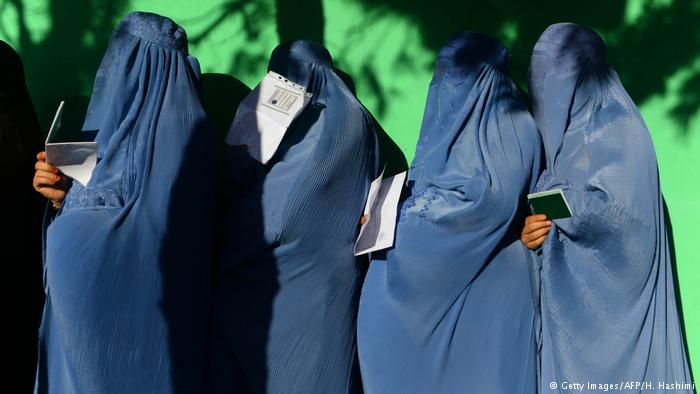Women’s day special: Pakistan
Samar Minallah is a prominent human rights activist and documentary film maker from Pakistan. Her documentary “Swara: bridge over troubled waters” analyses the Swara tradition, according to which a family gives one of its girls as compensation to an aggrieved family instead of blood money. Minallah actively speaks out against what she calls “culturally sanctioned forms of violence against women” and condemns the “patriarchal mindset” behind such violence.
Manasi Gopalakrishnan: What are the kinds of culturally sanctioned forms of violence against women which you address through your activism?
Samar Minallah: I am working on this issue of compensation marriages in Pakistan and Afghanistan. In these cases, if there is a murder or some other serious crime, the Jirga or the tribal council decides that in order to end that dispute, a girl or more than one girl is to be given to the enemy’s family to end the dispute. The murderer gets away with his crime, but his daughter or his sister is given away as compensation and she is the one who has to suffer all her life.
Like what happened to Mukhtaran Mai…
What happened to Mukhtaran Mai was also a kind of culturally sanctioned form of violence that was decreed by the tribal council. Mukhtaran Mai was also punished for an alleged crime committed by her brother. This is the kind of issue that I have been focusing on, although there is legislation against this now. But the main problem is that people don’t know about these laws and the change in mindset is what we need to focus on right now.
How effective are these kinds of legislations?
Legislation is at times effective if law enforcement agencies or if the system itself enforces these laws. Unfortunately even our police, our law enforcement agencies are not sensitive enough on these particular issues. A patriarchal mindset is everywhere, be it the police or the judiciary. So you have to reach out to different kinds of audiences and sensitize them, train them on these particular issues.
What exactly do you mean by a patriarchal mindset?
By a patriarchal mindset I mean a situation where a woman can easily be sold off in marriage, she can be given to the enemy’s family as compensation. Basically, treating a woman as an object or a tool rather than a human being, that’s what I mean by a patriarchal mindset.
Do you think that law enforcement on such issues is tougher in the tribal areas or areas where illiteracy is higher in comparison to big cities like Karachi or Lahore?
In the tribal areas they have their own laws, but then you have to reach out to that audience or to those people through different means of communication like discussions and raising awareness. But even in the cities you find the patriarchal mindset. Even the mass media, the way they highlight for example an acid attack victim or a girl who has been forced into marriage, that reflects the mindset. This patriarchal mindset is everywhere.
Interview: Manasi Gopalakrishnan
Editor: Grahame Lucas







